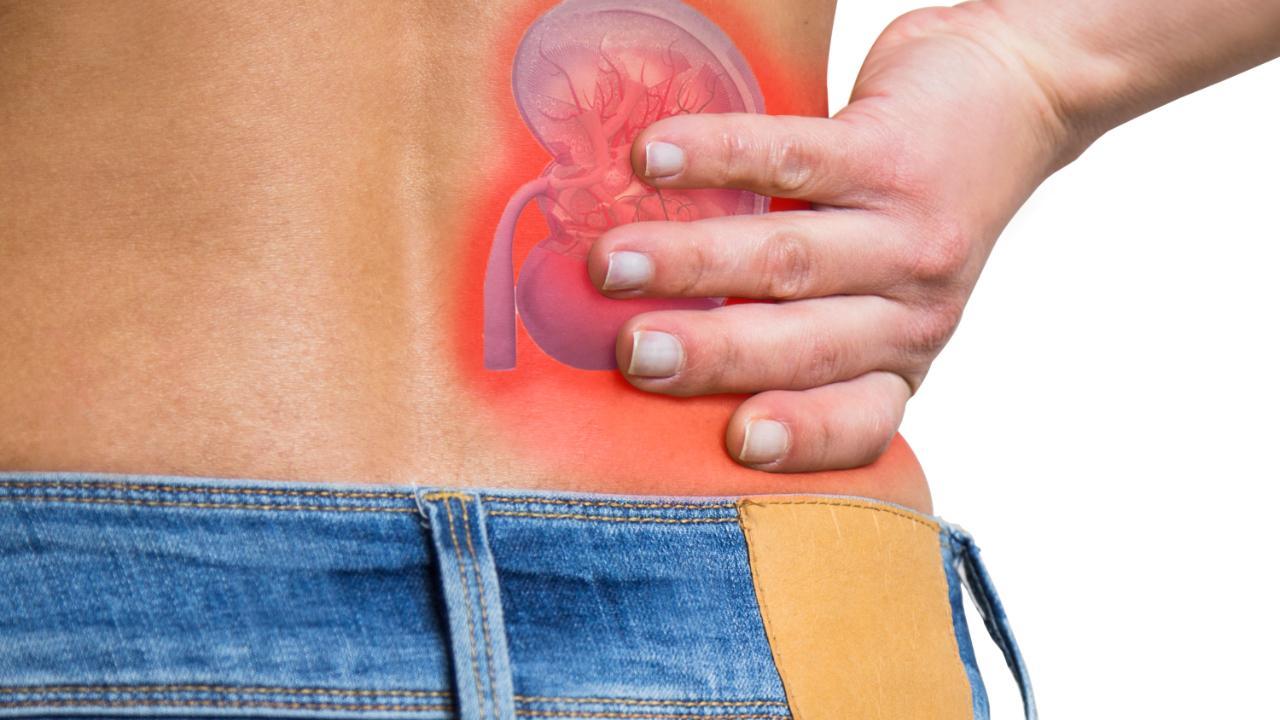To do so, they invented a new tool that merged a kidney organoid with a microfluidic chip. This allowed a combination of water, sugar, amino acids, and other nutrients to flow over organoids that had been gene-edited to mimic PKD

Image for representational purpose only. Photo courtesy: istock
A study conducted in a novel lab setting reveals that the organoids present in kidneys could have implications for the treatment of polycystic kidney disease (PKD), an incurable disease that affects more than 12 million people worldwide.
One important finding from the study: sugar appears to play a role in the formation of fluid-filled cysts, which are a hallmark of PKD. In humans, these cysts grow large enough to impair kidney function and eventually cause the organs to fail, necessitating dialysis or transplantation.
The study, which was published in the journal, 'Nature Communications', stated, "Sugar uptake is something that kidneys do all the time".
"We found that increasing the levels of sugar in the dish cultures caused cysts to swell. And when we employed drugs known to block sugar absorption in the kidneys, it blocked this swelling. But I think it relates less to blood sugar level and more to how kidney cells take in sugar -- which in this process seemed to go rogue and give rise to cysts," said Freedman, a co-senior author of the study.
For years Freedman has studied PKD in organoids grown from pluripotent stem cells. Organoids resemble miniature kidneys: They contain filtering cells connected to tubes and can respond to infection and therapeutics in ways that parallel the responses of kidneys in people. Although his team can grow organoids that give rise to PKD cysts, the mechanisms of those cysts' formation are not yet understood. In this investigation, the researchers focused on how the flow of fluid within the kidney contributes to PKD.
To do so, they invented a new tool that merged a kidney organoid with a microfluidic chip. This allowed a combination of water, sugar, amino acids, and other nutrients to flow over organoids that had been gene-edited to mimic PKD.
"We were expecting the PKD cysts in the organoids to get worse under flow because the disease is associated with the physiological flow rates that we were exploring," Freedman explained. "The surprising part was that the process of cyst-swelling involved absorption: the intake of fluid inward through cells from outside the cyst. That's the opposite of what is commonly thought, which is that cysts form by pushing fluid outward through cells. It's a whole new way of thinking about cyst formation."
In the chips, the researchers observed that the cells lining the walls of the PKD cysts faced outward as they stretched and swelled, such that the tops of the cells were on the outside of the cysts. This inverted arrangement -- these cells would be facing inward in living kidneys -- suggests that cysts grow by pulling in sugar-rich fluid, not by secreting the liquid.
The observation gave researchers more information about how cysts form in organoids, a finding that will have to be tested further in vivo. As well, the fact that sugar levels drive cyst development points to new potential therapeutic options.
"The results of the experiment are significant because there is a whole class of molecules that block sugar uptake in the kidneys and are attractive therapeutics for a number of conditions," Freedman said. "They haven't been tested yet, but we view this as a proof-of-concept that these drugs could potentially help PKD patients."
Read More: BF.7 and XBB: All you need to know about the sub-variants and their severity
This story has been sourced from a third party syndicated feed, agencies. Mid-day accepts no responsibility or liability for its dependability, trustworthiness, reliability and data of the text. Mid-day management/mid-day.com reserves the sole right to alter, delete or remove (without notice) the content in its absolute discretion for any reason whatsoever
 Subscribe today by clicking the link and stay updated with the latest news!" Click here!
Subscribe today by clicking the link and stay updated with the latest news!" Click here!










